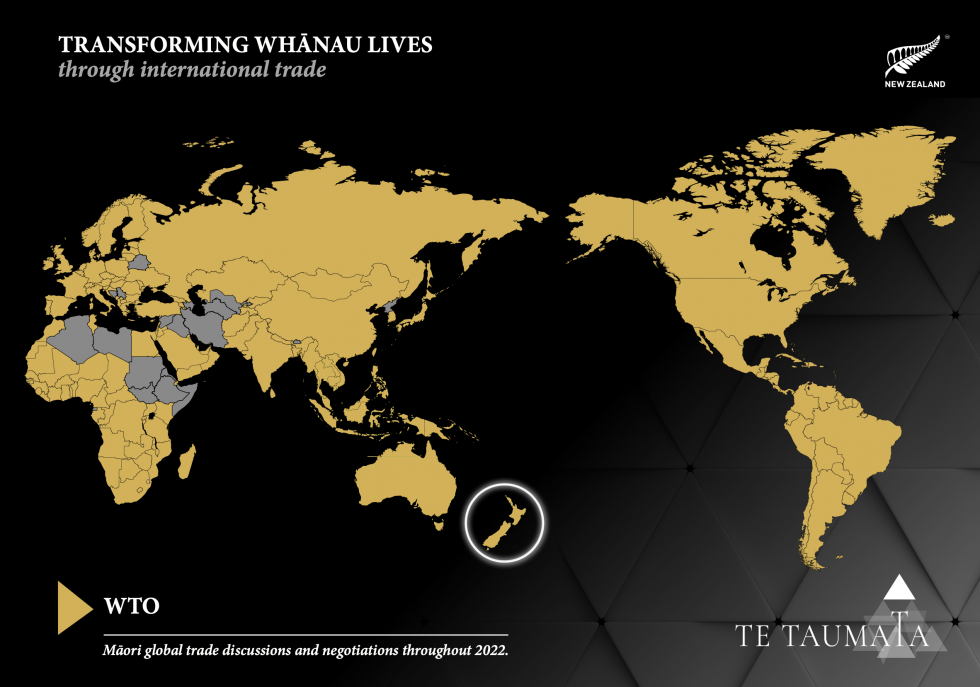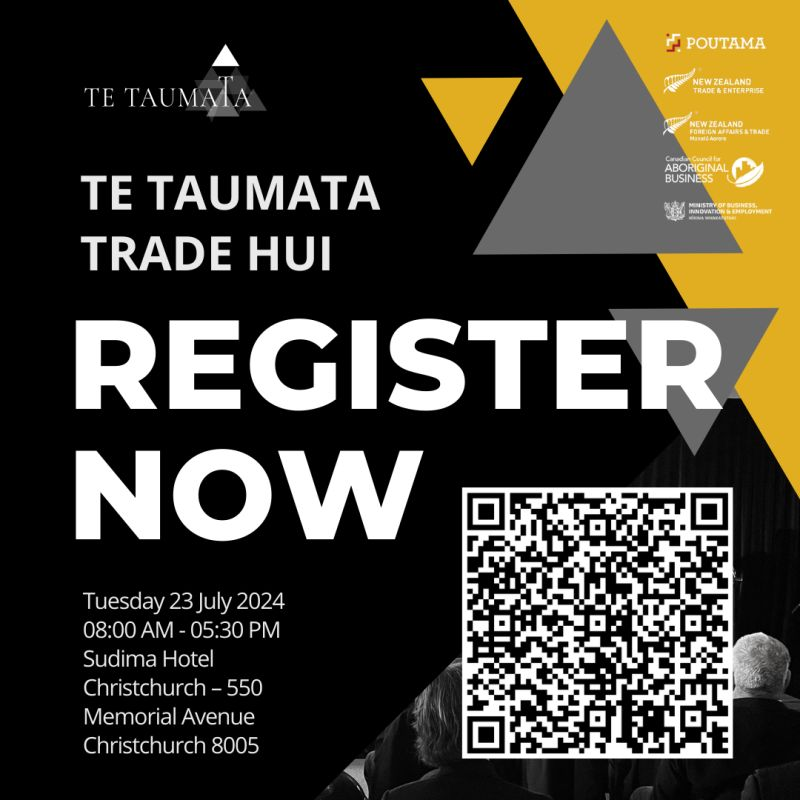Changes are afoot across the world that will likely linger for years, if not generations, Te Taumata Chairman Chris Karamea Insley told government officials and Ministers Willie Jackson and Kelvin Davis today.
COVID-19 has shaken our nation, our whānau and certainly all of our global trade connections across the world.
The impacts of the Russia Ukraine war are being felt around the world, manifesting for our New Zealand Māori whānau in increased cost of living, energy and fuel costs, investment and much more. These impacts too will likely linger for years to come.
Climate change continues to disproportionately impact our whānau, as evidenced by the one-in-100-year flood hitting whānau in Te Tairawhiti. The latest IPCC Report tells us that the window to respond to this looming disaster is closing rapidly and low income whānau and communities will bear the brunt of the impacts.
Finally, shifting geopolitics are being watched carefully with the likely emergence of authoritarianism and protectionism as countries retrench and close borders to trade and exchange.
China, for example, is making deliberate moves into the Pacific.
China is a significant trade market for New Zealand, accounting for almost 30 per cent of our total trade.
For Māori, this number is almost double (seafood, horticulture, forestry, meat, and dairy). We must weigh up the risk of continuing to place prominence in this market, while recognising the premium prices paid for New Zealand – and specifically Māori – goods.
Given all of the risks that are seemingly converging together rapidly, Te Taumata is promoting a simple 4-point New Zealand and Māori strategy:
- Continue the focus on an export-led strategy for New Zealand out of COVID-19, given that one in four jobs for whānau are derived from international trade
- Diversify markets for Māori products and services across multiple global markets, identifying and capitalising on new opportunities like the NZ/UK FTA where tariffs for all products have been removed.
- Ensure Māori have a strong voice in all trade negotiations with the rest of the world, continuing face to face dialogue between trade officials and Māori business leaders.
- Grow Māori capability in lead trade agencies like MFAT and NZTE, giving Māori the opportunity to reach executive levels in these crucial agencies.
While geopolitical and other challenges have increased in frequency and intensity, the long proven responses to these risks remains unchanged:
- Promote free-trade, and
- Not to keep all our eggs in one basket!
The challenge will be implementing this strategy and forming a co-ordinated approach that involves iwi and Māori business working closely with Government.


